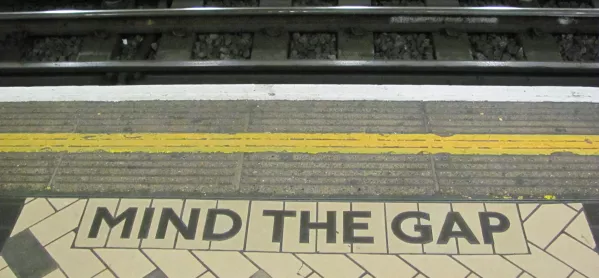Poorer pupils are more likely than other pupils to have unqualified, inexperienced teachers and to go to schools where teacher turnover is high - and they make less progress as a result, research has found.
A report by Education Datalab has found that pupils in England and Wales are more likely to make less progress when they are affected by four factors: having a teacher who does not have a formal qualification, a less experienced teacher, a teacher without a degree in the relevant subject and when teacher turnover is high.
Poorer pupils were more likely than others to be affected by all four of these factors, the research found.
The research, carried out for the Social Market Foundation’s cross-party Commission on Inequalities in Education, found that primary schools with affluent intakes had 12 per cent of teachers with more than 10 years of experience, while the poorest had just 7 per cent.
Among secondary schools these figures are 12 per cent and 8 per cent respectively.
Findings also show that deprived schools are much more likely to have teachers with inappropriate qualifications and will also experience higher levels of teacher turnover.
Rebecca Allen, director of Education Datalab and a commission member, said that teacher recruitment and retention had “become much more difficult”.
She added: “Given that more disadvantaged schools were already doing worse than more advantaged schools in recruiting to long-standing shortage subjects such as physics and maths, it seems most likely that more widespread shortages will disproportionately affect them.”
‘Persistant inequality’
Former deputy prime minister Nick Clegg, chair of the cross-party commission, said: “Pupils from disadvantaged backgrounds do less well on average at school than those from more privileged backgrounds.
“This inequality in outcomes is substantial and persistent.
“This new research suggests that poor pupils are facing a cocktail of disadvantage - they’re more likely to have unqualified teachers, non-specialist teachers, less experienced teachers, and to have a high turnover of teachers.”
The report proposes a number of policy options that could tackle the issue of inequality.
These include finding new ways to encourage experienced teachers to teach in high deprivation schools, possibly using “considerable pay incentives” to achieve this.
It includes improving support for teachers in schools with higher proportions of low income pupils - meaning they would be less likely to leave, and increasing levels of experienced staff over time.
Mr Clegg added: “Many new teachers, to their credit, choose to teach in schools in poorer areas.
“Improving their pay and the support they receive could mean they are more likely to stay in those schools as they become more experienced and effective.”
A spokeswoman for the Department for Education said: “Thanks to our reforms the attainment gap between disadvantaged pupils and their classmates has narrowed since 2011 but we refuse to be complacent. That’s why, as a key part of our plan for educational excellence everywhere, we’re investing £1.3bn over the course of the Parliament to attract new teachers into the profession - with a particular focus on Stem subjects to raise educational standards for young people.”
She said that record numbers of teachers in state-funded schools now had a degree or higher qualification and that 95 per cent of teachers in state-funded schools were qualified teachers.
Want to keep up with the latest education news and opinion? Follow TES on Twitter and like TES on Facebook




